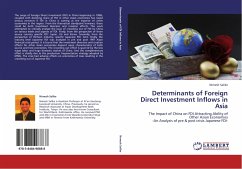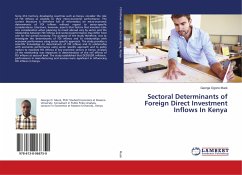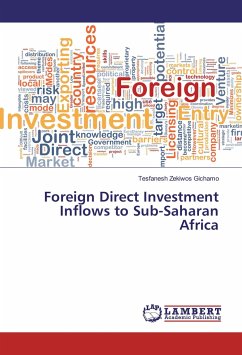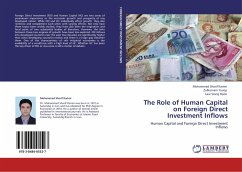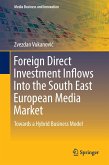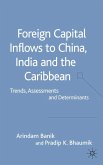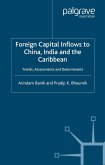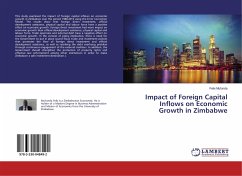The surge of Foreign Direct Investment (FDI) in China beginning in 1990s, coupled with declining share of FDI in other Asian economies has raised serious concerns if FDI in China is coming at the expense of other economies in the region. From the theoretical standpoint however, there could be both investment diversion and creation effects. This work attempted to critically analyze the issue of crowding out of FDI by China on various levels and aspects of FDI. Firstly, from the perspective of three source country specific FDI: Japan, US and Korea. Secondly, from the perspective of thirteen industry- specific Japanese FDI. And, finally, the industry level Japanese FDI was analyzed in pre and post 1997 Asian financial crisis period. It is found that the investment diversion and creation effects for other Asian economies depend upon characteristics of both source and host economies. The crowding out effect is spurred by the low wage labor and huge domestic market of China. And the complementary effect is chiefly due to the production fragmentation strategy adopted by MNEs. The crisis had adverse effects on economies of Asia resulting in the crowding out of Japanese FDI.

